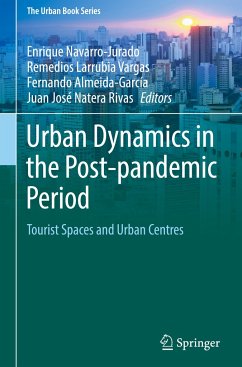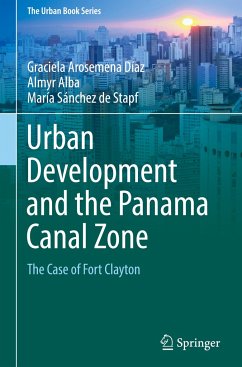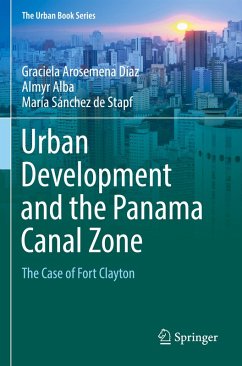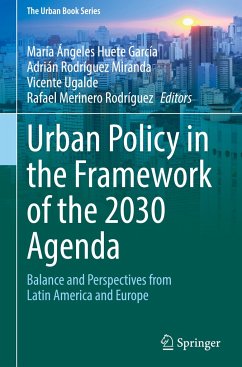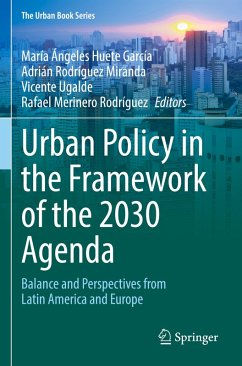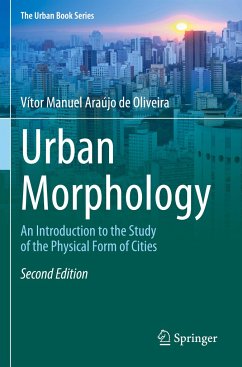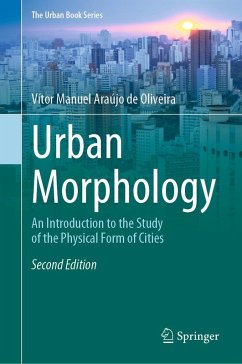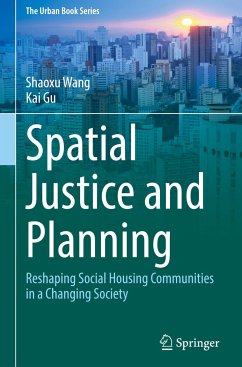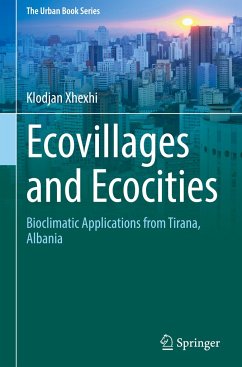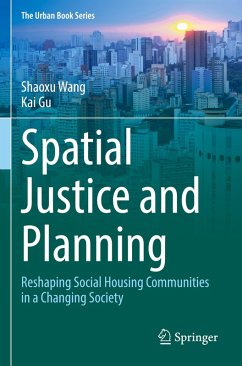
Urban Dynamics in the Post-pandemic Period
Tourist Spaces and Urban Centres
Herausgegeben: Navarro-Jurado, Enrique; Larrubia Vargas, Remedios; Almeida-García, Fernando; Natera Rivas, Juan José
Versandkostenfrei!
Versandfertig in 1-2 Wochen
100,99 €
inkl. MwSt.

PAYBACK Punkte
50 °P sammeln!
This book offers a unique perspective on urban processes affecting tourist spaces and city centres. Economic, social and environmental uncertainty has been commonplace since March 2019, when mobility slowed down across the globe. The COVID-19 pandemic accelerated trends that have been investigated in urban space for years. The incorporation of technologies, the expansion of tourism and the introduction of policies that in part want to advance sustainability are generating processes of reorganisation of territories that are driving changes. These changes will affect models of city, urbanism and...
This book offers a unique perspective on urban processes affecting tourist spaces and city centres. Economic, social and environmental uncertainty has been commonplace since March 2019, when mobility slowed down across the globe. The COVID-19 pandemic accelerated trends that have been investigated in urban space for years. The incorporation of technologies, the expansion of tourism and the introduction of policies that in part want to advance sustainability are generating processes of reorganisation of territories that are driving changes. These changes will affect models of city, urbanism and society.
This publication is directed to a wide spectrum of people interested in urban processes, tourism and social change in the context of the Post-Pandemic Covid-19. In particular, the book is aimed at researchers, undergraduate and postgraduate students, consultants, public administrations and the public interested in the recent challenges that are affecting developed and developingsocieties.
This publication is directed to a wide spectrum of people interested in urban processes, tourism and social change in the context of the Post-Pandemic Covid-19. In particular, the book is aimed at researchers, undergraduate and postgraduate students, consultants, public administrations and the public interested in the recent challenges that are affecting developed and developingsocieties.



